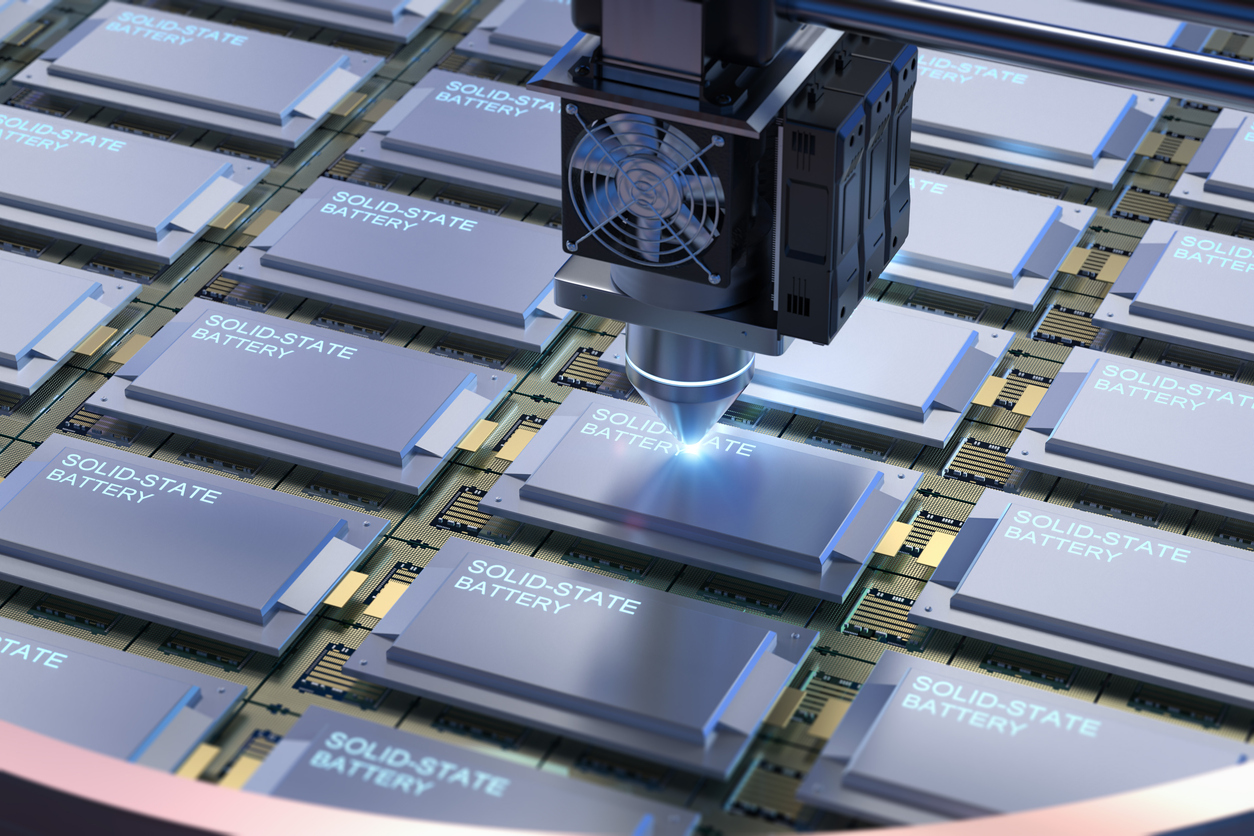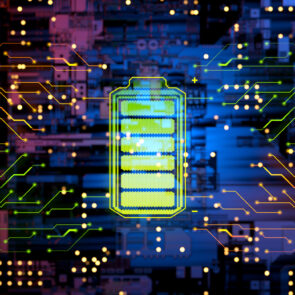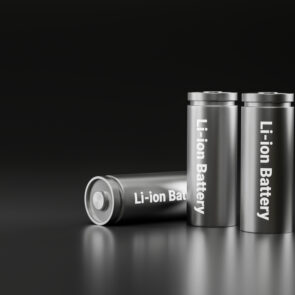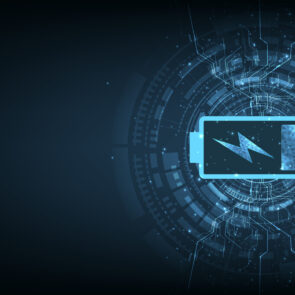In the ever-evolving landscape of battery technology, the competition between solid-state batteries and lithium-ion batteries has captured the attention of industries ranging from electronics to automotive. The significance of these advancements cannot be overstated, as they hold the potential to revolutionize energy storage and shape the future of electric mobility, portable electronics, and renewable energy integration.
In this article, we explore the intricacies of solid-state batteries and lithium-ion batteries, examining their compositions, capabilities, and implications across various sectors.
What Are Solid-State Batteries?
Solid-state batteries represent a significant shift in energy storage, utilizing solid electrolytes instead of the traditional liquid or gel electrolytes typically used in lithium-ion batteries. These solid electrolytes—often ceramic or polymer-based (polyethylene oxide, or PEO, being the most common polymer)—offer numerous advantages, including enhanced safety, higher energy density, and longer lifespan.
The structure of solid-state batteries eliminates the risk of thermal runaway and fire hazards associated with liquid electrolytes, making them inherently safer for widespread adoption. Moreover, their solid-state design allows for greater flexibility in shaping and packaging, enabling manufacturers to design more compact and lightweight battery packs.
What Are Lithium-Ion Batteries?
Lithium-ion batteries, commonplace in consumer electronics and electric vehicles, operate on the principle of lithium ions moving between the positive and negative electrodes during charge and discharge cycles. Typically composed of layers of anode (usually graphite), cathode (typically a lithium metal oxide), and a liquid electrolyte, lithium-ion batteries offer high energy density, relatively low self-discharge rates, fast charging potential, and are commonly employed for devices requiring rechargeable batteries, including smartphones. However, they are not without limitations, including safety concerns related to overheating and thermal runaway, as evidenced by several high-profile incidents in recent years.
Comparing Solid-State Batteries and Lithium-Ion Batteries
While solid-state batteries represent a promising alternative to most lithium-ion batteries, it’s important to note that there are several types of solid-state lithium-ion batteries that exist. In terms of energy density and battery performance, solid-state batteries have the potential to surpass liquid-state lithium-ion batteries due to their ability to utilize metallic lithium anodes, which offer higher energy density compared to graphite anodes.
Additionally, solid-state batteries exhibit faster charging and discharging capabilities thanks to their enhanced conductivity and absence of dendrite formation. Safety-wise, solid-state batteries outshine their lithium-ion counterparts, as they are inherently less prone to thermal runaway and fire hazards.
However, the widespread adoption of solid-state batteries is hindered by cost and manufacturing challenges. The production of solid electrolytes requires specialized manufacturing processes, driving up the overall cost of solid-state batteries compared to lithium-ion batteries.
Moreover, the scale-up of solid-state battery production to meet the demands of various industries remains a significant hurdle. Despite these challenges, ongoing research and development aims to address these limitations and thus unlock solid-state battery technology’s full potential.
Applications and Future Potential
A wide range of industries use batteries that include solid-state and liquid-state lithium-ion power sources, from consumer electronics to electric vehicles and grid-scale energy storage. Solid-state batteries hold particular promise for electric vehicles, offering higher energy density and improved safety compared to lithium-ion batteries. Additionally, their ability to work in extreme temperatures and harsh environments makes them ideal for aerospace and defense applications.
Looking ahead, the future of battery technology lies in continuous innovation and exploration of novel materials and designs. Ongoing research efforts in solid-state battery technology seek to further improve energy density, cycle life, and manufacturing scalability, paving the way for widespread adoption in the coming years.
The Advantages of NanoTritium™ Batteries
In the realm of advanced battery technologies, City Labs’ NanoTritium™ batteries stand out for their unparalleled resilience and longevity, owed in part due to their solid-state design. With their nuclear battery technology, these batteries generate power at a fixed rate due to the radioactive decay of tritium, offering a robust solid-state design resistant to high temperatures, radiation, vibration, and other extreme conditions.
With a lifespan of 20+ years, NanoTritium™ batteries provide a reliable power source for low-power microelectronic applications, offering unparalleled durability and longevity compared to conventional batteries. In situations where reliability and longevity are paramount—such as remote sensing, medical implants, and aerospace systems—NanoTritium™ batteries represent the pinnacle of next-gen battery tech.
Solid-State Solutions for the Future of Low-Power Electronics
In the ongoing quest for superior energy storage solutions, the competition between solid-state batteries and more traditional liquid-state lithium-ion batteries continues to drive innovation and technological advancement. While both technologies have their merits and limitations, the future holds immense potential for solid-state batteries to disrupt traditional energy storage and power paradigms.
City Labs’ NanoTritium™ batteries excel in powering low-power microelectronic applications in demanding environments, transcending the limitations of conventional batteries. City Labs is committed to pushing the boundaries of innovation, and we are already partnering with industry leaders worldwide.
If you think our NanoTritium™ batteries can help you address your solid-state power needs, we invite you to contact us today.










